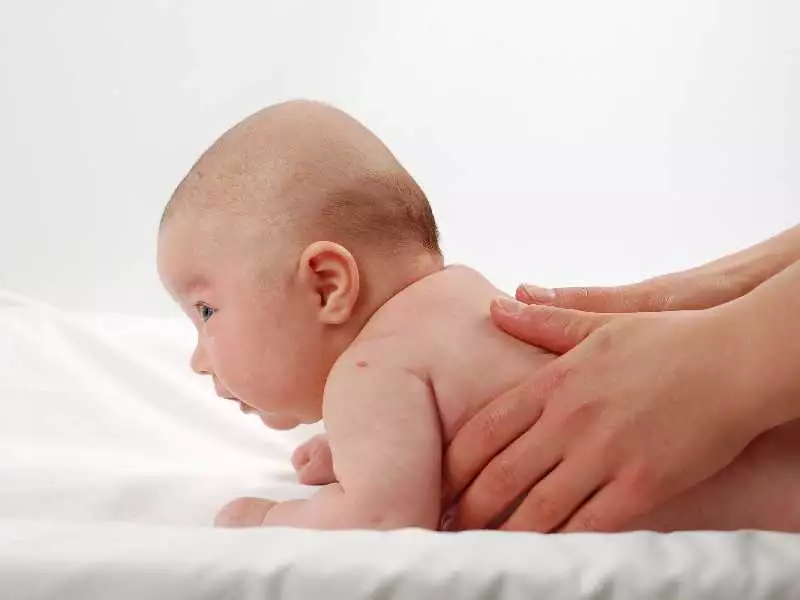The baby undergoes its first crisis after birth. This is because it has to learn to function as an independent organism and not as part of its mother's body. [1]
In the first period of human life, the neonatal period, the organism has to adapt to the conditions it has found and learn how to obtain satisfaction of its needs. During this period, certain reactions to stimuli called reflexes appear. These are reactions that disappear in the following months of the child's life.
TheMoro reflex is a reaction to a sudden sound and consists of the baby first rolling back his shoulders, spreading his fingers, and then bringing both limbs back to his trunk in the next phase. This reflex should be symmetrical with respect to both limbs. Lack of symmetry may indicate damage or inflammation in the shoulder girdle area. A weaker Moro reflex is observed in premature babies.
The sucking and swallowing reflexes are very important for the development of the newborn. They guarantee proper food intake and, as a result, proper weight gain of the baby. If one of the reflexes is absent, which is particularly the case with premature babies, it is necessary to feed the baby even by means of a probe. Inseparable from the sucking reflex is also the sucking reflex, which is a reaction to the irritation of the skin on the cheek. This is a signal for the newborn to trigger the sucking reflex and to seek to suck on the mother's breast or dummy.

photo: pantherstock
Another reflex that is important for the baby's development is the crawling reflex. You can test this reflex by placing the baby on his stomach with his legs bent over. This provokes a straightening of the legs and thus a movement on the surface. When checking the crawling reflex, position your hand in such a way as to support the baby's feet and bear in mind that some babies can do this movement very vigorously, so it is important to protect the baby (especially the newborn's head) from injury.









